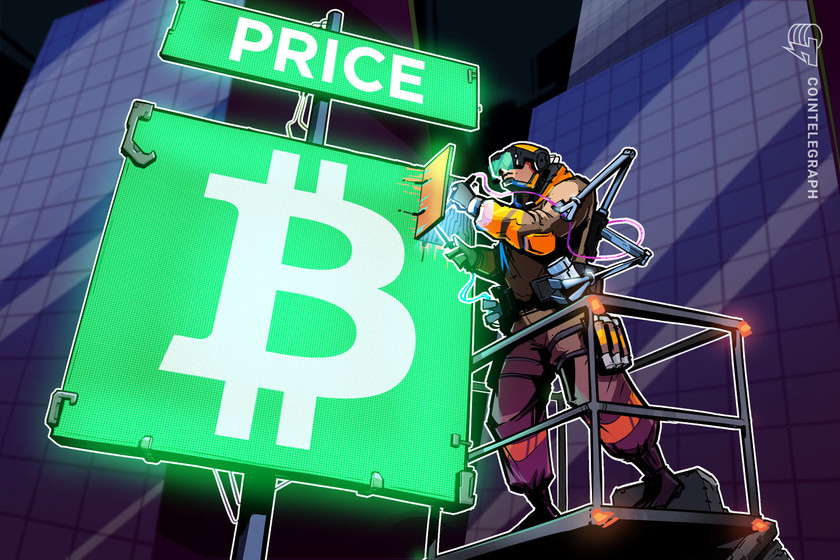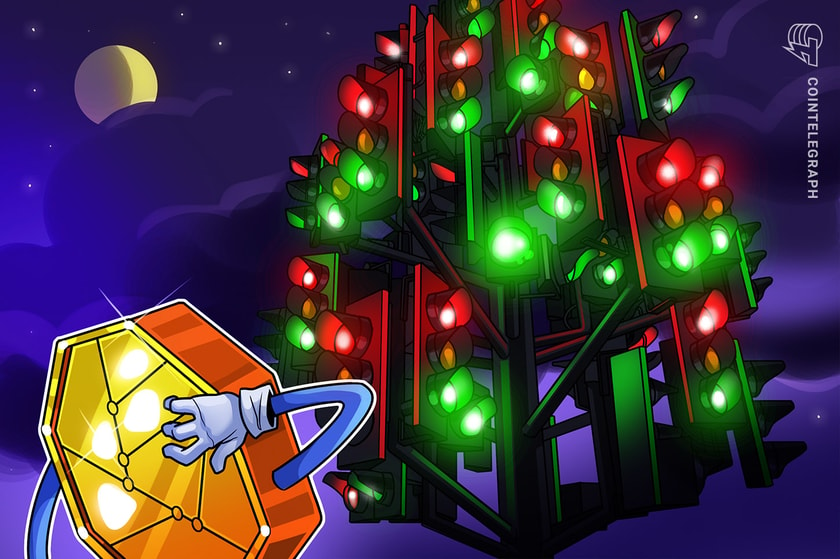Alpha-Testing Blox and the Qudo Proof-of-Gameplay Crypto Reward System
The integration of blockchain technology into games is one of the seismic industry shifts of recent times, with some believing that gaming is the key to mass adoption of cryptocurrency.
The soon-to-be-released Qudo platform from Portugal’s Blockbastards, promises to allow developers to integrate crypto rewards into any Unity-based game without any previous blockchain experience.
But what is the experience like for the gamer? We signed up to alpha-test Blox, the first game developed for the system, to find out.
Get paid to play
Qudo bills itself as “a proof-of-gameplay reward mechanism aiming to revolutionize the gaming industry.”
From the gamer’s point of view, it offers a way to earn cryptocurrency tokens for in-game achievements and highscores, along with through network rewards just for spending time playing.
These QUDO tokens can then be sold through an exchange, or spent on in-game purchases on any game that uses the system, as Blockbastards Managing Director Joao Abrantes explained to us:
“Qudo brings interoperability to game credits, where players are rewarded for their time and performance while playing any game and then spend these earnings across all games as well.”
With Qudo’s SDK for Unity already available for testing, game developers can implement the system in minutes. Over 50% of new mobile games are created in Unity, giving a massive potential market.
So how does it work in practise?
Blox is a blockchain-themed tower defense game, developed by Blockbastards to show how the Qudo blockchain and crypto rewards can be integrated into a game.
The game is currently in the alpha-testing stage, so many elements, such as difficulty balancing, are likely to change in the final release. This is good because it gets quite hard quickly.
You play the role of a node, and must deploy a number of different tower types to repel attackers such as lag, energy consumption and DDOS attacks. Data blocks need to be allowed through, and after enough have been collected will gain you a block reward.
Levels are themed around different cryptocurrencies, and each level giving some basic information on that cryptocurrency and incorporating elements of it. For example, the Monero levels feature redundant data blocks to hide transaction information.
Levels can be sped up (overclocked), increasing data block production, but if this overheats it will also produce more attackers.
Earning Qudo requires finishing the level with a profit, so you must balance the amount you spend on towers, with your block rewards. Once you have some Qudo, you can also use it to unlock more tower types for each level.
All in all, Blox provides an interesting and well-applied twist on the tower defense genre, and may well introduce a new wave of players to the concepts of cryptocurrency, which, as Abrantes confirms, would be a welcome side effect:
“Blox was created to be played by any gamer, just for the fun of it, while its gameplay explains the basic mechanics of blockchain technology in a gamified way. If after playing Blox, the player becomes more informed and engaged with blockchain technology, we will be very happy!”
Did we earn any money?
In just a few hours of playing we banked around 40 QUDO, currently worth just over a dollar, but projected to be worth around four dollars once the system is live.
So unfortunately any hopes of being able to semi-retire and just play games for a living may not come to fruition. But earning any kind of rewards for playing enjoyable and entertaining games is not to be sniffed at. And spending those earned tokens on in-game purchases feels a lot better than dipping into your wallet every time.
Now if you’ll excuse us, we have a double spend boss we need to fight off.









